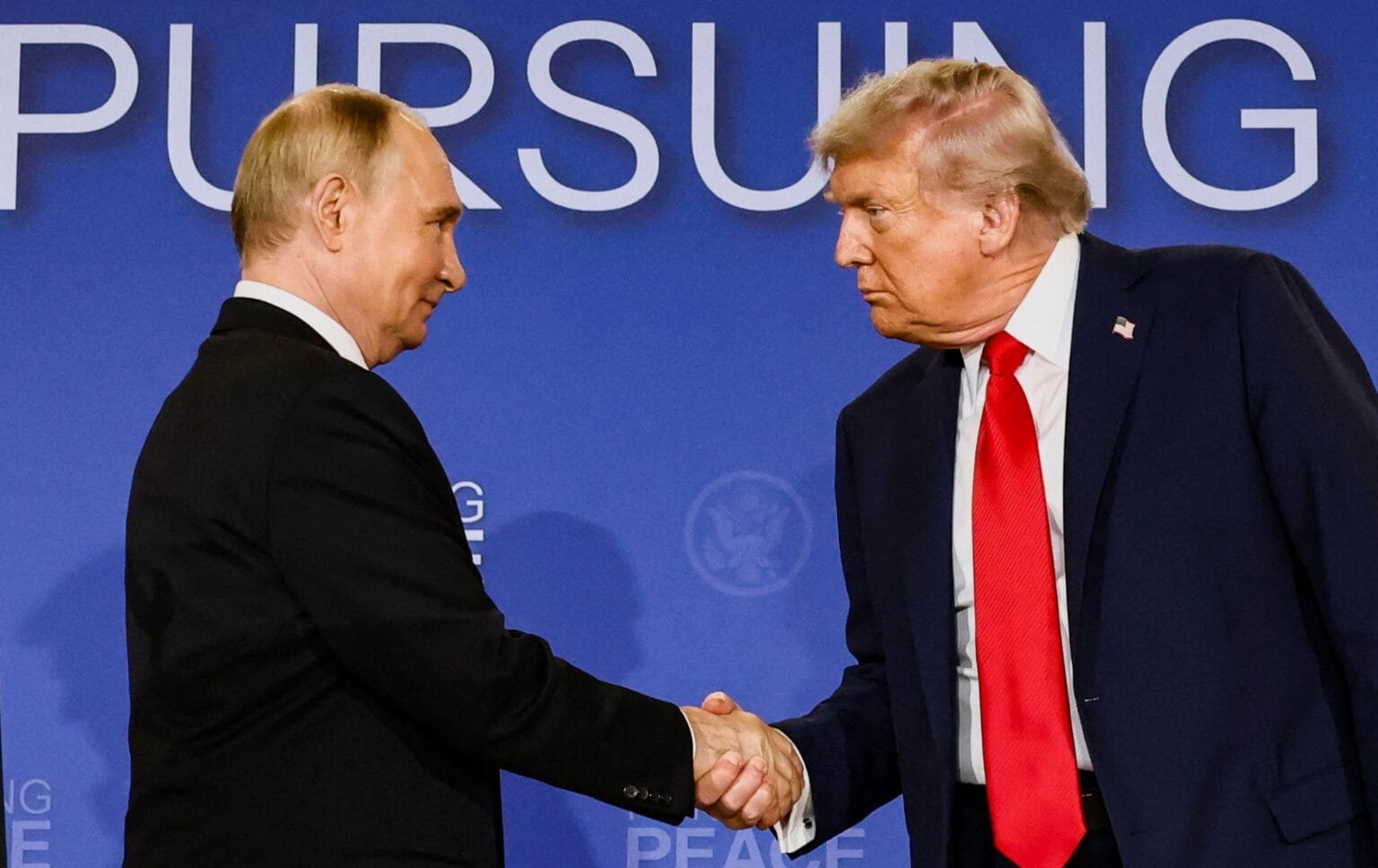U.S. President Donald Trump said Sunday that Russian President Vladimir Putin’s offer to voluntarily maintain limits on deployed strategic nuclear weapons “sounds like a good idea,” signaling at least rhetorical openness to temporary arms control amid rising global tensions. Putin had proposed retaining the caps set out in the 2010 New START treaty — limits on the size of U.S. and Russian nuclear arsenals — even after the treaty expires in February 2026, if the U.S. agrees to do the same.
Trump’s comment came as he left the White House to tour U.S. carrier strike groups, when asked about Putin’s offer to extend the quantitative ceilings on deployed warheads and delivery systems. “Sounds like a good idea to me,” he replied. Russia’s U.N. Ambassador Vassily Nebenzia has said Moscow is still awaiting a formal reply from the U.S. to the proposal.
The backdrop is fraught: while Russia suspended full participation in New START in 2023, it has repeatedly affirmed it continues to abide by the treaty’s central limits. The voluntary extension offer is being viewed as a bid by Moscow to reduce strategic risk and project restraint amid debates over new weapon deliveries to Ukraine.
However, analysts caution that Putin’s offer, absent verification measures, may be largely symbolic. The treaty’s deeper provisions — such as on-site inspections, data exchanges and monitoring of non-deployed systems — are not guaranteed under a simple extension. One commentary argues that U.S. leaders should assess whether the offer aligns with America’s own strategic priorities, ensuring that any agreement does not unduly constrain the U.S. while leaving Russia freer in other domains.
Trump’s expressed openness does not yet constitute a formal commitment. In parallel, tensions are escalating over possible U.S. supply of long-range Tomahawk cruise missiles to Ukraine, which Putin has warned would “destroy” U.S.–Russia relations. The interplay of these moves — a disarmament gesture and threats over weapons transfers — reveals a broader strategic dance as both powers weigh deterrence, diplomacy and escalation risks.





